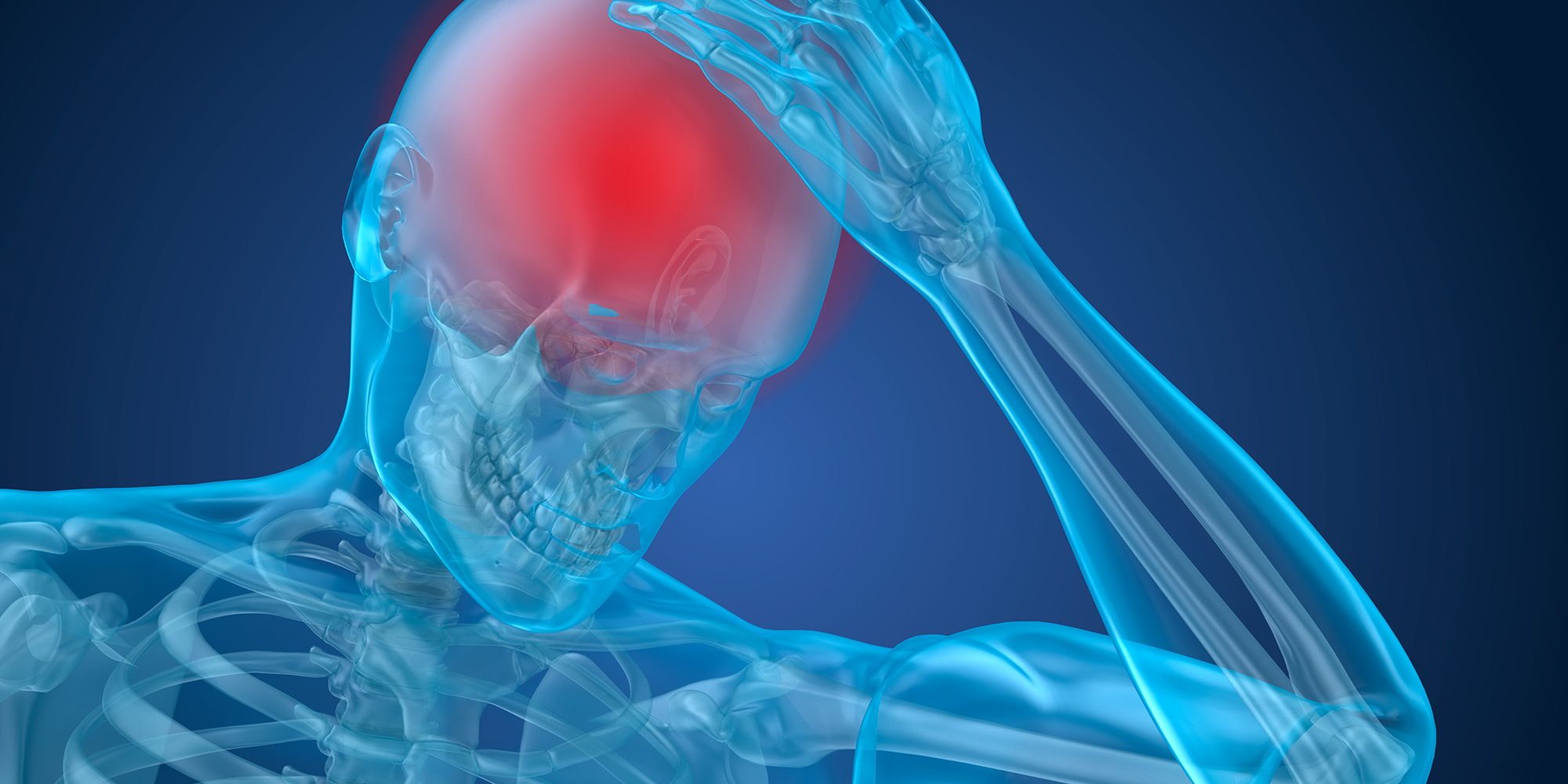New Concussion Blood Test Shows Promise

A concussion is brain trauma brought on by a biomechanical force. It consists of a group of neurological symptoms that impair the patient for a variable amount of time. The symptoms are often not immediately obvious to the patient or an observer, making the diagnosis of a concussion challenging.
The recent announcement of an FDA-approved blood test that can help resolve this diagnostic dilemma has been met with great interest both by the public and the scientific community.
A biomarker is a measurable substance in an organism that may indicate the presence of a disease, infection or environmental exposure. The Banyan Brain Trauma Indicator is based on identifying proteins that are released from the brain into the bloodstream after impact.
The specific proteins detected by this test (UCH-L1 and GFAP) can be identified up to 12 hours after injury. The blood sample takes approximately three hours to process. The principal studies were conducted by the Department of Defense in soldiers who experienced brain trauma.
Brain trauma has become a significant health problem in the United States. There were approximately 2.8 million visits to the emergency room in 2013. Currently, there are approximately 3.8 million sports-related concussions each year in the United States. This discrepancy is based on the fact that brain trauma is a range of injury that includes brain trauma from severe motor vehicle accidents and penetrating trauma from blasts and gunshots. Concussion is the mildest type of brain trauma on this range and often does not require brain imaging such as CT scanning.
Currently this new blood test has very limited application in sports, where decisions need to be made quickly and away from a laboratory. It is also not useful in identifying sub-concussive blows to the brain that result in cumulative injury. It is not approved for use in children at this time.
This blood test will be helpful in an emergency room setting after serious brain injury.
Despite its limitations, the Banyan biomarker is a significant advance in the diagnosis of brain trauma and will hopefully lead to better testing.
